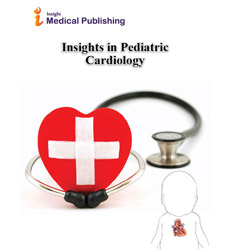Abstract
Heart Diseases
Heart disease, also known as cardiovascular disease, includes any number of conditions involving the human heart or blood vessels. It is the leading cause of death around the world. Coronary artery disease, stroke, hypertensions, arrhythmia, and angina are all types of heart disease. Scientists estimate that 90 percent of all heart disease is preventable, largely through lifestyle modifications including a healthy diet, regular exercise, the avoidance of tobacco, and limiting alcohol intake. The risk factors of Heart Disease for developing heart disease are numerous and well-know. Major risk factors for heart disease include the following: Age, Gender, Tobacco usage, One’s level of physical inactivity, Obesity, Hypertension, Diabetes, High cholesterol, A family history of heart disease Hypertension research papers show that hypertension is a chronic medical condition that leads to increased susceptibility to life threatening diseases. Coronary heart disease and stroke, the number one and number two leading causes of death in the United States, are directly attributable to hypertension. As the incidence of heart disease and stroke begins to increase, finding viable methods for treating and curing the hypertension becomes imperative. The Effects of Hypertension • Hypertension affects 23 to 60 million people. • Approximately 90 percent of all hypertensives have high blood pressure of unknown etiology. • Despite the fact that rates of morbidity and mortality associated with hypertension decreased in the years between 1972 and 1992, evidence suggests that they are on the rise again. • In 1997, there were 79,102 new cases of end-stage renal disease reported; of which 25 percent are attributable to hypertension. • In 1997 hypertension contributed to the deaths of 253,000 people, compared with 41,00 deaths from breast cancer.
Author(s):
Dr. Sudha Bansode
Abstract | PDF
Share this

Google scholar citation report
Citations : 5
Insights in Pediatric Cardiology received 5 citations as per google scholar report
Insights in Pediatric Cardiology peer review process verified at publons
Abstracted/Indexed in
- Google Scholar
- Secret Search Engine Labs
Open Access Journals
- Aquaculture & Veterinary Science
- Chemistry & Chemical Sciences
- Clinical Sciences
- Engineering
- General Science
- Genetics & Molecular Biology
- Health Care & Nursing
- Immunology & Microbiology
- Materials Science
- Mathematics & Physics
- Medical Sciences
- Neurology & Psychiatry
- Oncology & Cancer Science
- Pharmaceutical Sciences

